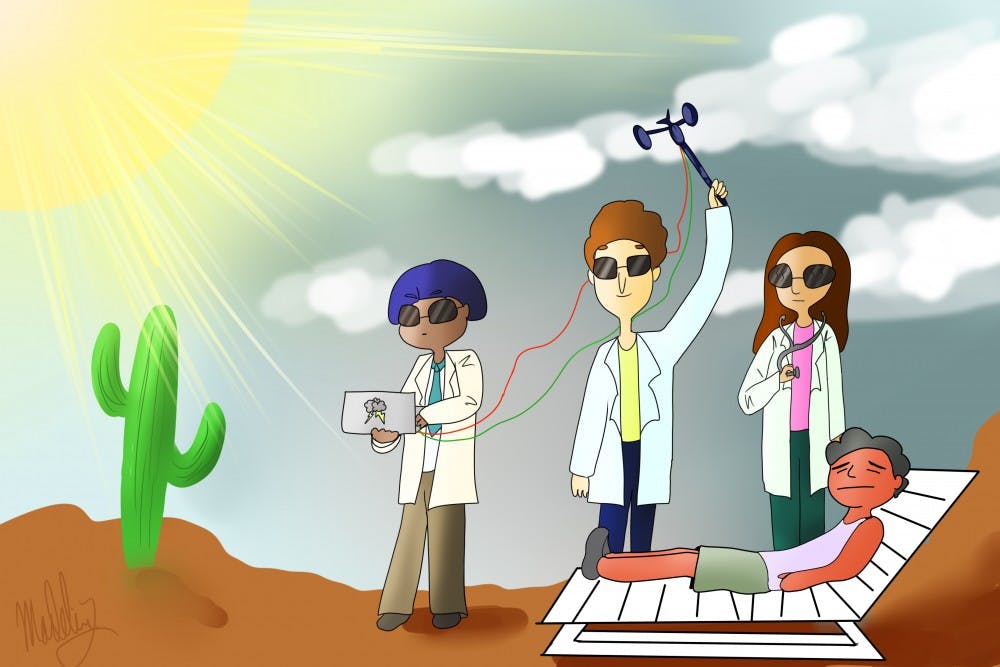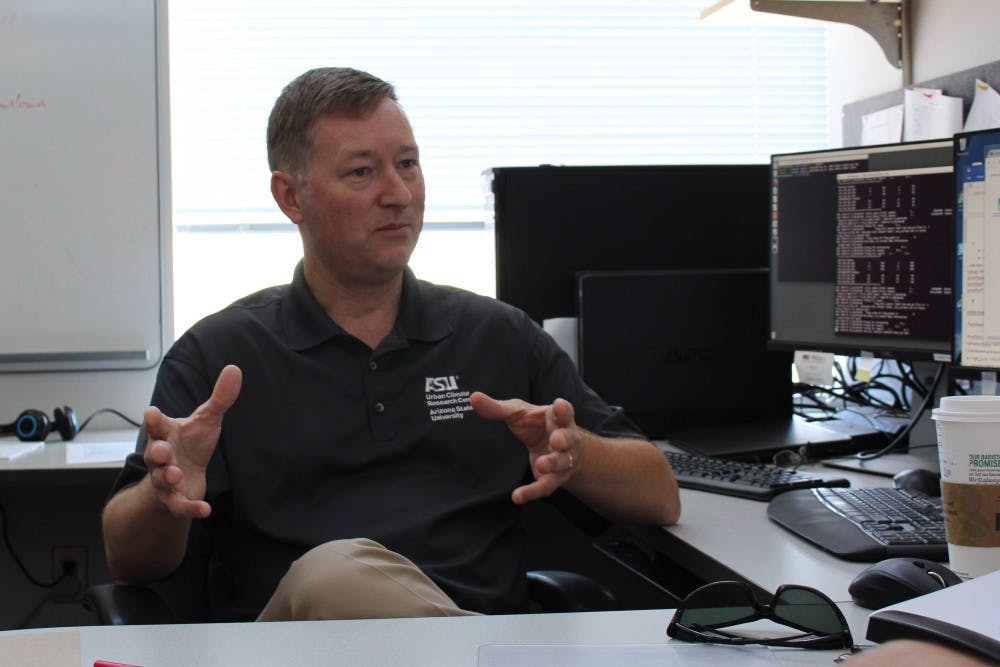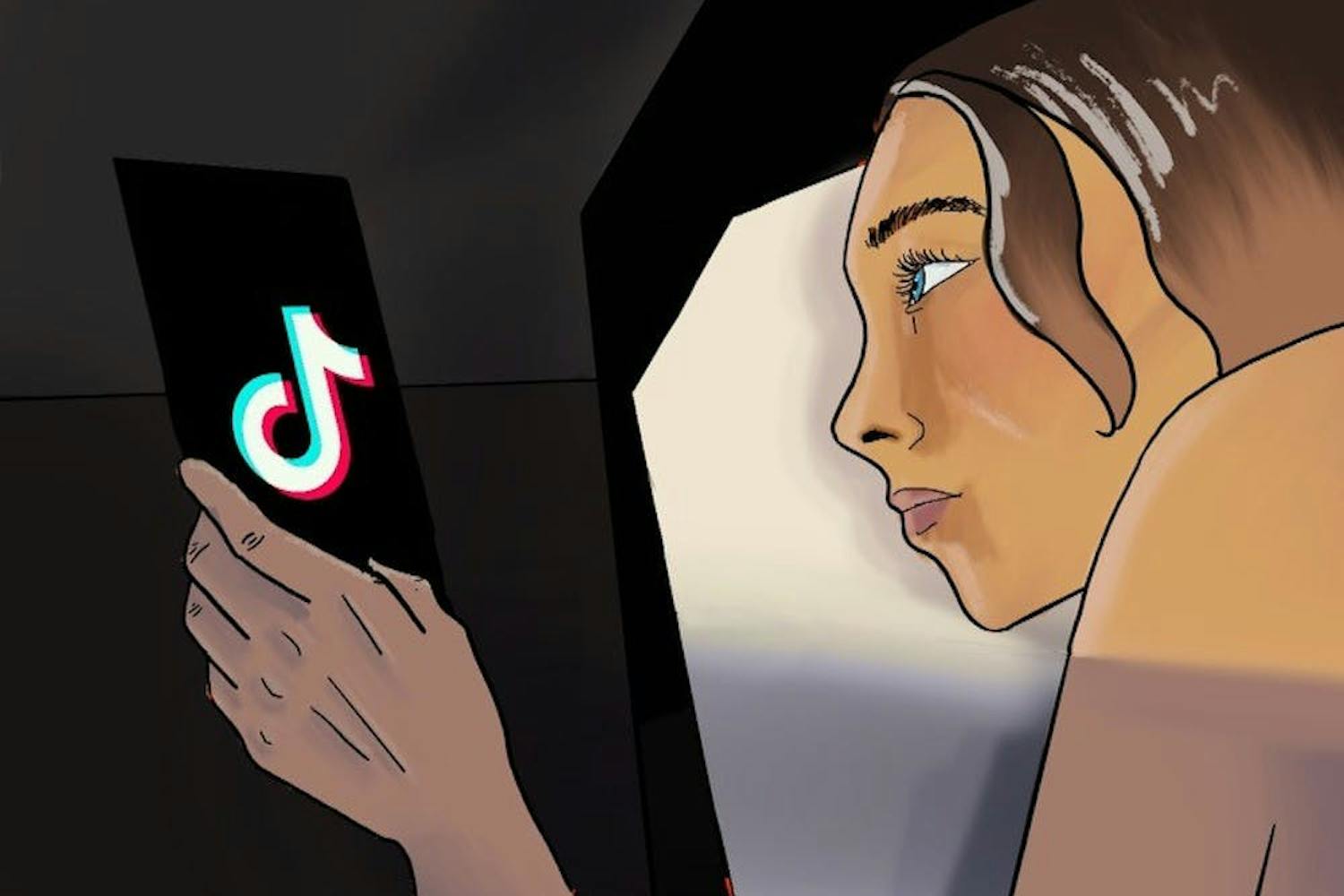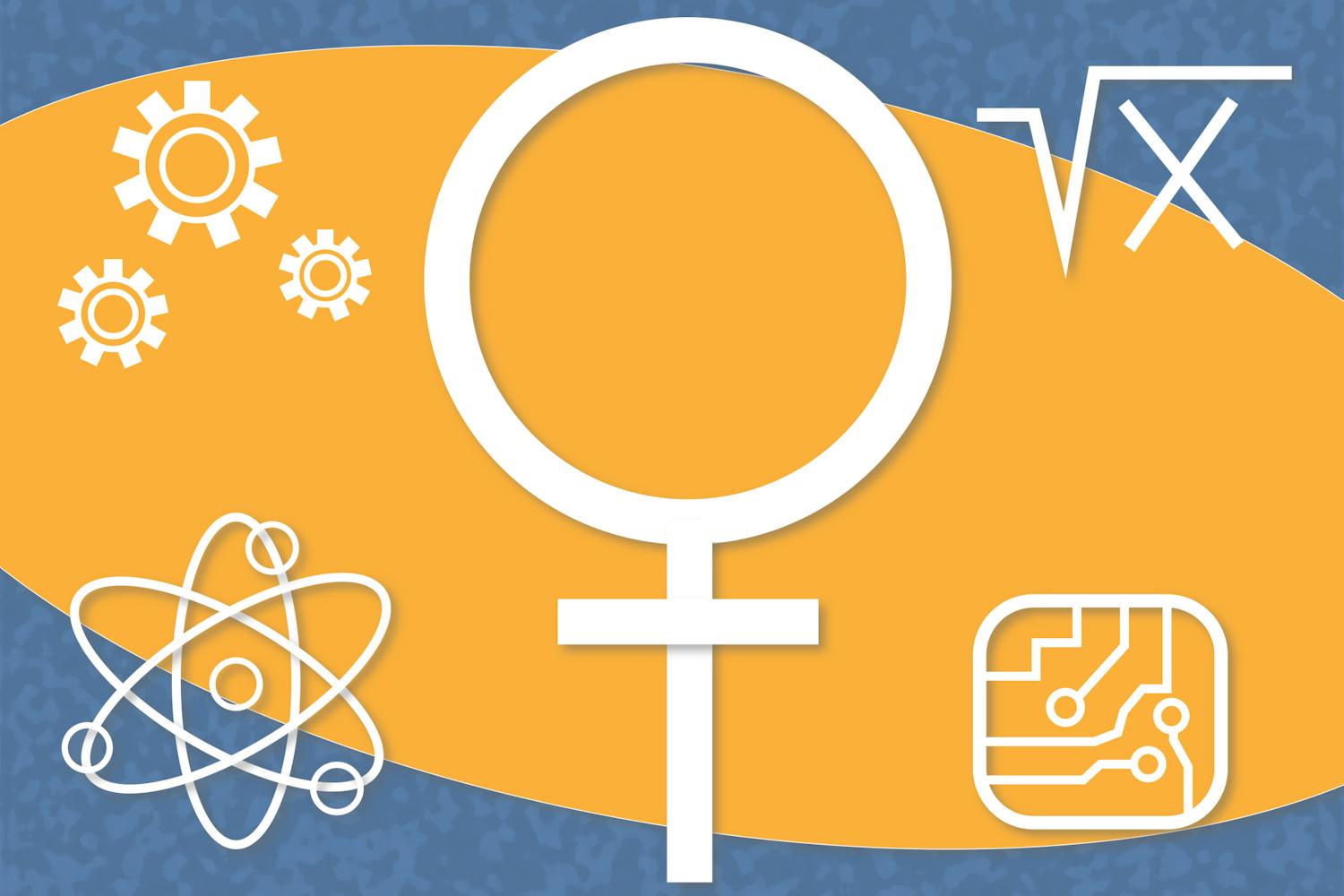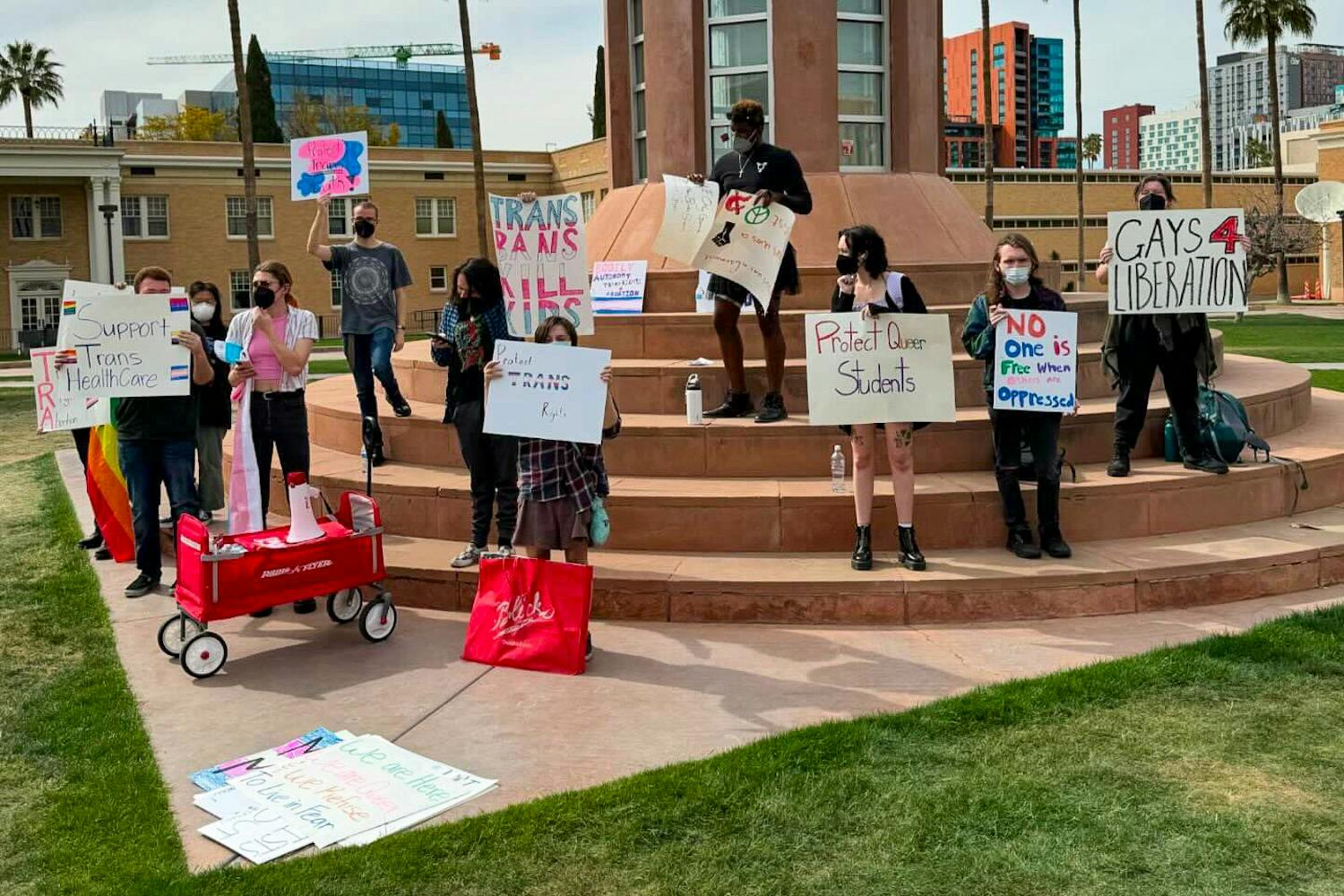ASU geography professors and students attended a climate conference in Romania to discuss how climate change will impact urban environments.
The Urban Climate Summer School in Bucharest, Romania, was designed to create stronger connections among international urban climate researchers.
Three professors and two students from ASU attended the summer school, which was organized in collaboration between ASU and the University of Bucharest.
David Sailor, an ASU professor of geographical sciences and director of the ASU Urban Climate Research Center, attended the event and said the summer school was designed to share foundational research.
“This was a summer school intended for graduate students and post-docs in various stages of their educational program and so, content of the summer school included a lot of foundational information,” Sailor said.
Sorin Cheval, a senior researcher at the University of Bucharest, worked with ASU associate professor of geographical sciences, Matei Georgescu, to organize the event.
Cheval said he was excited about ASU’s participation and hopeful for future editions of the summer school.
“I’m quite excited about having ASU on board,” Cheval said. “I would like to have ASU involved in the summer school in the next editions. It is important because regarding urban climate research, ASU is a world known center."
Peter Crank, an ASU geographical sciences Ph.D. student, attended the summer school. He said that interacting with other researchers was a valuable experience.
“For me the biggest advantage was the ability to personally interact with some of the speakers and be able to chat about what they’re researching,” he said.
Crank said the summer school provides a number of benefits to the ASU School of Geographical Sciences and Urban Planning.
“The summer school provides a lot of opportunity for us to increase our standing in the international community in terms of urban climate research,” he said. “It also provides our faculty with an opportunity to potentially invite and draw in more students and researchers to ASU."
The ASU professors contributed a wide variety of information.
In his presentation, Georgescu described the complex processes of modeling the atmosphere and forecasting future climate change impacts on urban environments such as increasing heat in Phoenix.
Matei’s presentation also detailed efforts by other researchers to harvest temperature data from smartphones.
Sailor’s presentation focused on the science of climate interaction with buildings and infrastructure. He modeled how green roofs, solar panels and building materials affect temperatures in a city.
“My presentation focused more on aspects of how built infrastructure interacts with the urban environment,” Sailor said.
David Hondula, assistant professor of geographical sciences at ASU, brought the conceptual science down to a personal level. David Sailor said that Hondula’s presentation prioritized the effects of heat on individuals over pure temperature data.
“It doesn’t matter so much what a particular meteorological station says the exposure is if the people are exposed to something different,” Sailor said.
Hondula presented a study where 80 Phoenix residents were fitted with body worn thermometers to track their personal heat exposure. According to the data he collected, people in low income neighborhoods of Phoenix experienced more heat exposure than higher income neighborhoods.
Plans for future editions of the summer school are in the works.
Correction: David Sailor and Peter Crank's area of study was misidentified. The article has been modified to reflect the changes.
Reach the reporter at cscragg@asu.edu or follow @monsoonchaser on Twitter.
Like State Press on Facebook and follow @statepress on Twitter.
